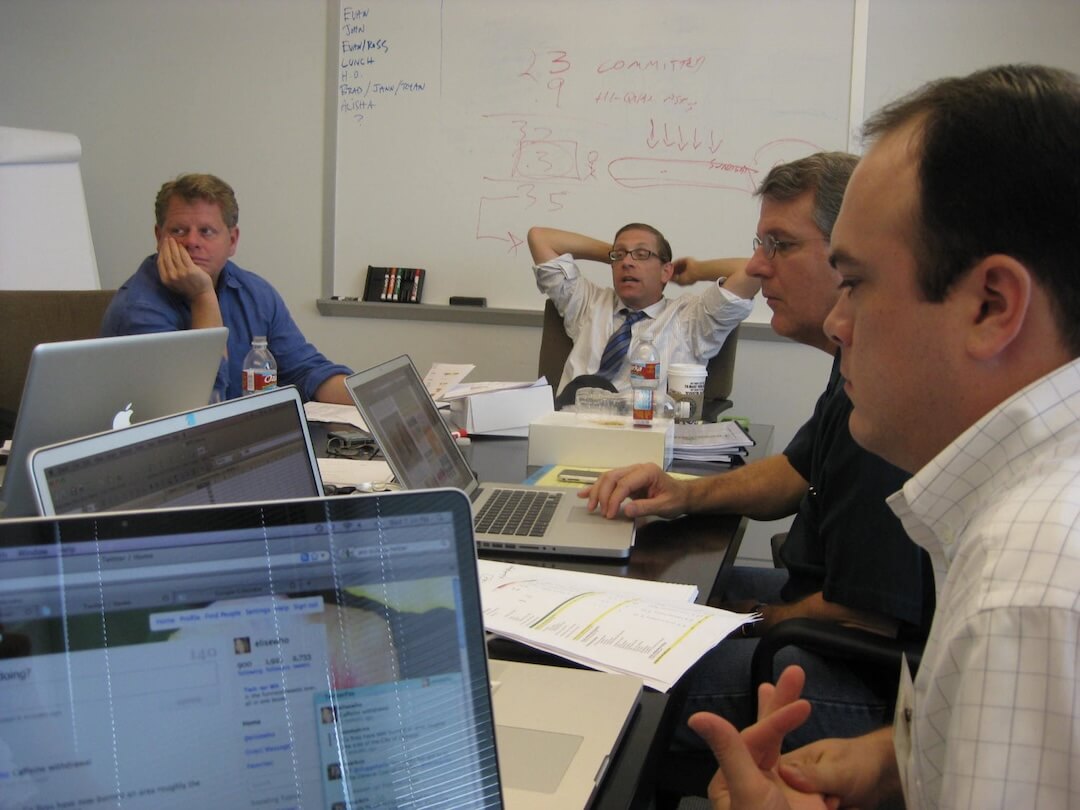Covering minority and under covered communities can be difficult at times because the line of friendship and professionalism can easily be blurred. To combat potential conflicts, I gave the following suggestions to participants at the seminar, “Reporting and Writing the Untold Stories.”
DO
• Define what your story purports to do
• Deliver what you promise
• Disclose any problems you might have covering an issue or story
• Delve into details that make your story rich and more complete
• Deal with legitimate criticism instead of ignoring it
• Defuse a hostile situation before it gets out of hand
• Defer to people in the community and others who can answer criticism
• Defend your work but don’t get defensive
• Deploy the resources needed to get a fair, accurate story
DON’T
• Disrespect the people or community
• Deceive people about your intentions
• DeNiro or pretend to be someone you are not in pursuing a story
• Descend on a community or be condescending when you are there
• Debate an antagonist and risk losing your overall story
• Defame detractors even if angered by criticism
• Default on a journalistic principle just to make your job easier
• Deviate from a valid story idea even if pressured





